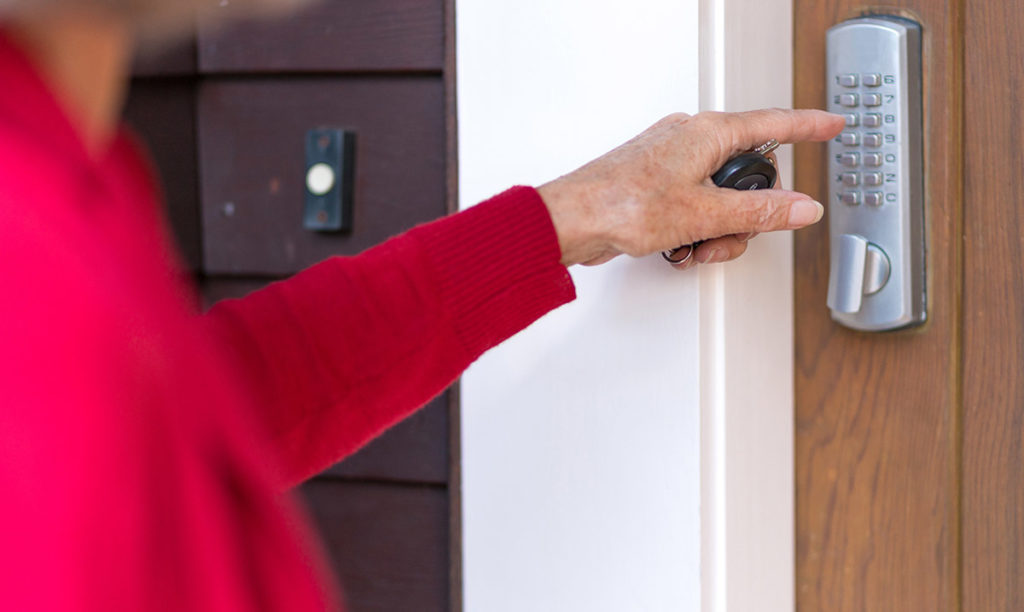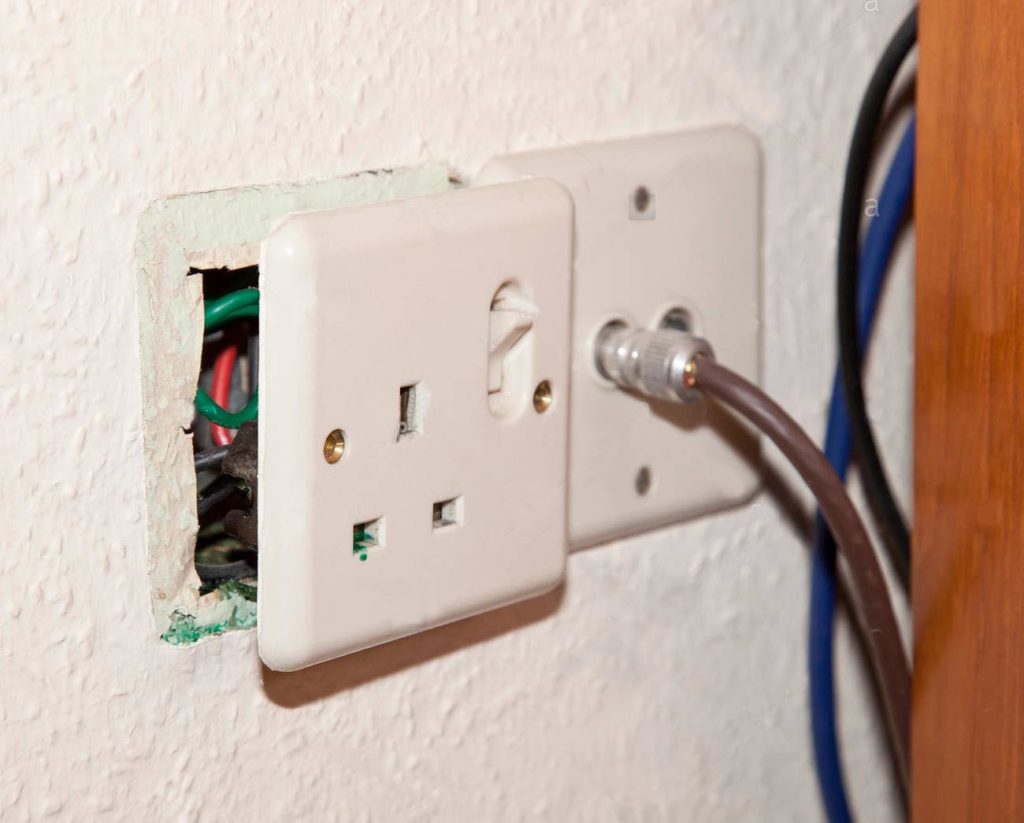Here are some of the situations most tenants face with their landlords. We shall provide you with a list of the illegal actions taken by landlords.
Table of Contents
- Unreasonable increase in rents
- Unreasonable deductions of security deposit
- Entering the rental place without any notice
- Refusing necessary repairs in house for rent
Most of the tenants face some unpredictable situations with their landlords. Sometimes the problem can be more severe, or it can happen due to a simple misunderstanding.
Being a renter, you should be familiar with the basics of landlord-tenant law. To know if the landlord’s actions are annoying or illegal and what to do in such situations.
We have compiled a list of the most common illegal landlord practices. So you should know which kinds of landlord’s actions are doubtful so you can pay attention to them.
Unreasonable Increase in Rents

For the rental increment, every state has its laws, and violation of these laws is illegal. The Pakistani law stipulates that rent increases are automatically made after each year of rent. The increase will be 10%, or rent increases will occur every three years. And the increase will be 25% of what the tenant pays. This rule does not apply if the tenant and landlord have already agreed on their terms. And have a written agreement to do so.
Be aware that there are certain exceptions to these rules, so you should seek professional advice or carefully study local laws before accusing your landlord of illegal rent increases—moreover, there are other laws as well, regarding notifications about the timely and proper rent to be sent to the landlord.
Unreasonable Deductions of Security Deposit

Another hurdle faced by many tenants and landlords is a security deposit. There are specific reasons why the owner is withholding the whole or a part of the security deposit. It is typically used in unpaid rent and to recover damages in the case of wear and tear. However, there are some other cases where a homeowner can hold a security deposit. It can also cover late fees, utility bills, or some different types of services and also if the place is left in poor condition. A specific time or deadline is given to returning the security deposit to the tenant.
Entering the Rental Place without Any Notice

This is another common illegal landlord act that tenants can ignore if they are not adequately aware of the rental laws in Pakistan. Your landlord may violate your privacy rights by stopping from time to time to show the rent to potential new tenants even though you are currently living there and there is no such agreement between you two.
In some instances, the property owner or a landlord may pay a visit without prior notice. For example, in emergencies such as a gas leak or a fire, they think you might have left the house. But, in any other case, if they want to enter your rental space, they must first notify you.
Ensure to add a clause in the written agreement that says how many notices the landlord must send before entering your rental house.
Refusing Necessary Repairs in House for Rent

It is the responsibility of any property owner or a landlord to maintain the house for rent in a livable and safe condition, which also means making necessary repairs. If you tell them about any concerns that may affect your safety or health, they must address the issue timely and in an appropriate manner.
Every country has its laws on how to react if a property owner ignores or refuses to make necessary amendments and repairs. Here in Pakistan, you can ask the owner to do it for you, or else you can do it by taking money from him or cut the cost from the rent you are paying.
Keep it in mind to always have a polite conversation first in case of any conflict; however, if it is not resolving peacefully, you should take legal action.





